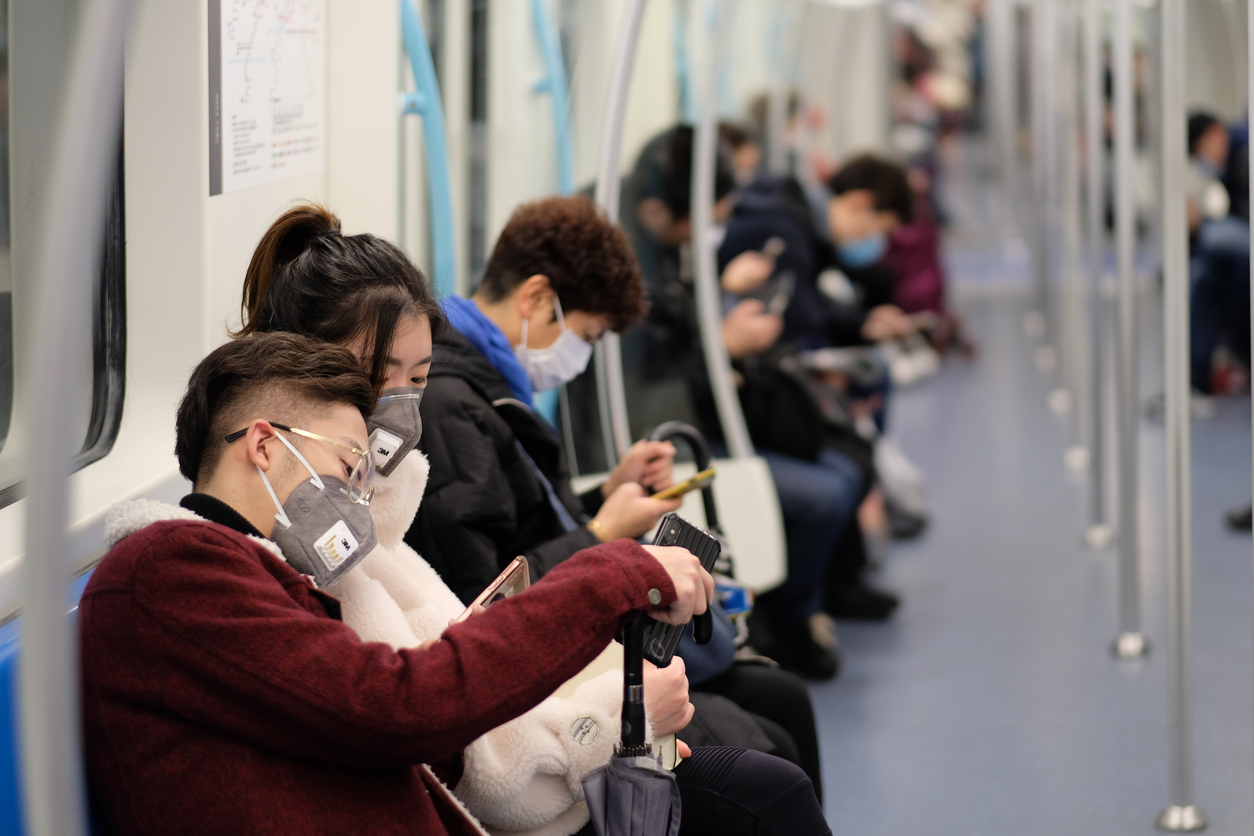GSK donates booster technology to coronavirus vaccine effort

GlaxoSmithKline has joined with the not-for-profit organisation the Coalition for Epidemic Preparedness Innovations (CEPI) to supply a booster for a potential Wuhan coronavirus vaccine.
GSK already has technology to develop pandemic vaccine adjuvants and will make this available to enhance the development of a jab against the new strain of coronavirus, dubbed 2019-nCoV.
Adjuvants are added to some vaccines to enhance the immune response, creating a stronger and longer lasting immunity against infections than with the vaccine alone.
This will be important in a pandemic situation as it can reduce the amount of antigen required per dose, allowing more doses to be manufactured and made available.
Launched at Davos in 2017 in recognition of the need for a fast response network in the event of future pandemics, CEPI already has four work programmes related to 2019-nCoV.
GSK’s adjuvant could help with CEPI’s partnerships with CureVac, Inovio, The University of Queensland, Moderna, and the US National Institute of Allergy and Infectious Diseases.
In addition to these projects, CEPI has launched a new call for proposals to rapidly develop and manufacture proven vaccine technology that can be used against the new coronavirus.
The call is open until February. Both CEPI and GSK said they are committed to principles of equitable access and will work together in this collaboration to ensure that this principle governs the development, use and access of any 2019-nCoV vaccine developed through the collaboration.
Johnson & Johnson’s Janssen unit is also working on a coronavirus vaccine independently of CEPI, which could be ready within around a year’s time.
The announcement came as the number of confirmed cases in mainland China increased to around 17,000, and the death toll in the country reached 361.
Outside of China there are more than 150 confirmed cases, with one death, in the Philippines.
The US, Australia, and Singapore are denying entry to all foreign visitors who have recently been to China in a bid to stop the disease from spreading.
New Zealand and Israel are denying entry to foreigners travelling from mainland China, while Japan and South Korea are barring foreigners who have visited the Hubei province, the disease’s epicentre.











